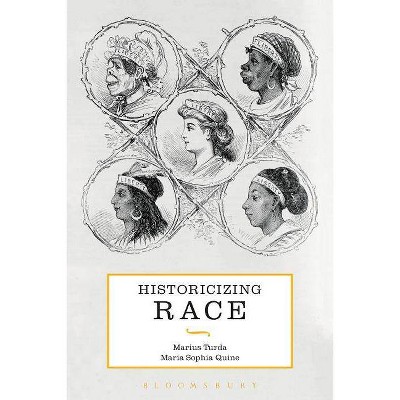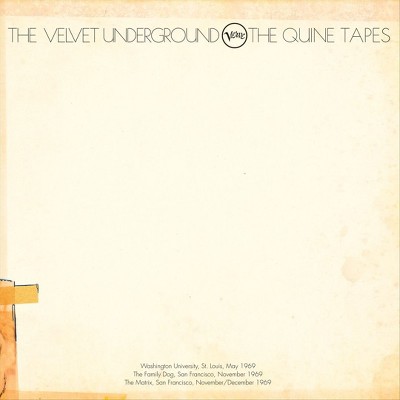Historicizing Race - by Marius Turda & Maria Sophia Quine (Paperback)

Similar Products
Products of same category from the store
AllProduct info
<p/><br></br><p><b> About the Book </b></p></br></br>" Race: A Global History seeks to re-conceptualize the political history of race from the Enlightenment to the present day. It proposes a new perspective that aims to re-examine the Western-centred approach to the history of race within a more integrative global framework. This book does not attempt to reinstate the importance of individual cases in the history of race. What it proposes instead is to unearth traditions of racial thought which, while originating from the general European debate about human difference during the 17th and 18th centuries, nevertheless remained alive throughout the 19th and 20th centuries, only to re-emerge in explicit form in current populist, xenophobic and anti-immigration movements. "--<p/><br></br><p><b> Book Synopsis </b></p></br></br>The idea of race may be outdated, as many commentators and scholars, working in a broad range of different fields in the sciences and humanities, have argued over many years. Nevertheless, it remains one of the most persistent forms of human classification. Theories of race primitivism (the idea that there is a 'natural' racial hierarchy and ranking order of 'inferior' and 'superior' races), race biologism (the belief that people can be classified by genetic features which are shared by members of racial groups), and race essentialism (the notion that races can be defined by scientifically identifiable and verifiable cultural and physical characteristics) are deeply embedded in modern history, culture and politics. <br/><br/><i>Historicizing Race</i> offers a new understanding of this reality by exploring the interconnectedness of scientific, cultural and political strands of racial thought in Europe and elsewhere. It re-conceptualises the idea of race by unearthing various historical traditions that continue to inform not only current debates about individual and collective identities, but also national and international politics. In a concise format, accessible to students and scholars alike, the authors draw out some of the reasons why race-centred thinking has, in recent years, re-emerged in such shocking and explicit form in current populist, xenophobic, and anti-immigration movements.<p/><br></br><p><b> Review Quotes </b></p></br></br><br>For hundreds of years, perhaps thousands, human beings have tried to establish their differences with the 'others' in order to establish who is superior and who is inferior and, if possible, kill the 'inferior', enslave them or, at the very least, lord it over them. This fascinating and erudite account focuses particularly on the ways science has been used (and misused) to establish racial differences even though such differences are overwhelmingly culturally constructed. With unflappable zeal we are offered an amazing and well-informed account of the evolution of scientific racism in the 19th and 20th centuries. There is much to learn from this <i>tour de force</i>.<br/>Donald Sassoon, Emeritus Professor of Comparative European History, Queen Mary, University of London, UK<br><br>This book provides an excellent overview of the history of race, as well as shedding light on its relevance to contemporary society. The breadth of coverage across different time periods, together with its global scope, with interesting examples from across the continents, is impressive. The authors have treated a complex and challenging subject with great care, thoughtfulness and sensitivity.<br/>Lisa Pine, Associate Professor of History, London South Bank University, UK<br><p/><br></br><p><b> About the Author </b></p></br></br><p><b>Marius Turda </b>is Director of the Centre for Medical Humanities at Oxford Brookes University, UK. <p/><b>Maria Sophia Quine </b>is Senior Fellow in the Centre for Medical Humanities at Oxford Brookes University, UK.</p>
Price History
Price Archive shows prices from various stores, lets you see history and find the cheapest. There is no actual sale on the website. For all support, inquiry and suggestion messagescommunication@pricearchive.us




















